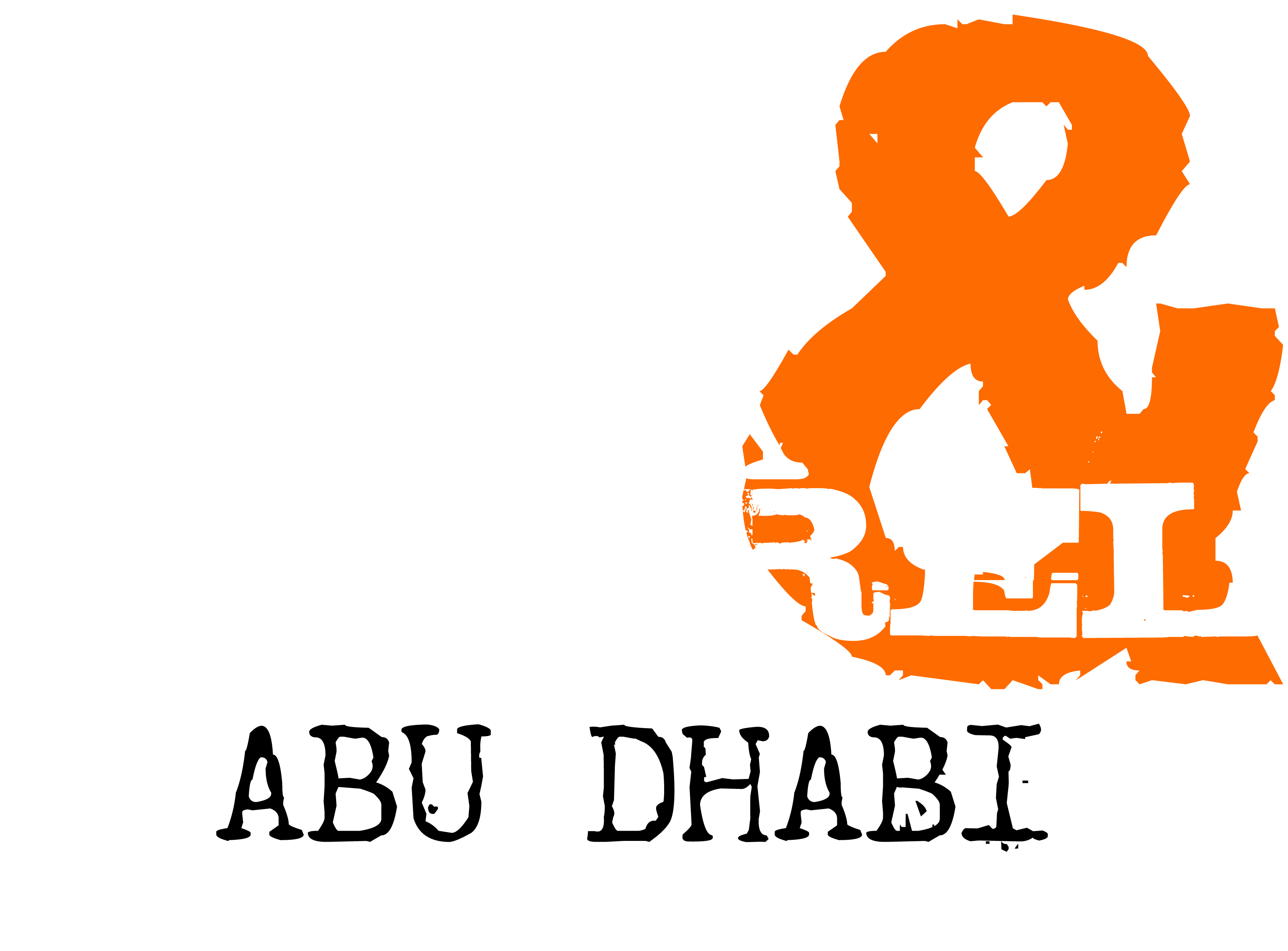In today’s health-conscious world, understanding how to choose the right meat protein is crucial for maintaining a balanced diet. Whether you’re an athlete looking to build muscle or simply someone striving for a nutritious lifestyle, knowing what to look for when purchasing meat can make all the difference. This guide will help you navigate the complexities of buying meat protein, ensuring that you make informed choices for your dietary needs.
Understanding Meat Protein
Meat protein is derived from animal sources and serves as a primary source of high-quality protein in many diets. It contains essential amino acids necessary for bodily functions, muscle repair, and growth. The types of meat proteins available include:
- Red Meat: Beef, lamb, and pork are rich in protein and iron but should be consumed in moderation due to higher saturated fat content.
- Poultry: Chicken and turkey are leaner options that are versatile and widely consumed.
- Fish: Salmon, tuna, and other fish are not only excellent sources of protein but also provide omega-3 fatty acids beneficial for heart health.
- Game Meat: Venison, bison, and other game meats often have a lower fat content than conventional livestock and offer unique flavors.
Factors to Consider When Buying Meat Protein
Choosing the right meat protein involves considering several factors that contribute to both quality and nutritional value. Here are key considerations:
1. Source and Quality
When selecting meat, prioritize high-quality sources. Look for products that are:
- Grass-fed: Grass-fed beef is generally leaner and has a better omega-3 to omega-6 ratio.
- Free-range or pasture-raised: This applies to poultry and eggs, ensuring animals are raised in natural environments.
- Organic: Organic meat comes from animals that were not given antibiotics or growth hormones.
2. Cuts of Meat
Different cuts of meat have varying levels of fat and flavor. Familiarizing yourself with cuts can aid in making healthier choices:

- Lean Cuts: Tenderloin, chicken breast, and fish fillets are great options if you’re aiming to reduce fat intake.
- Fatty Cuts: Ribeye steak and pork belly have more flavor but contain higher fat content.
3. Packaging and Labeling
Always check labels for information about the meat’s origin and processing:
- Look for terms like “no added hormones” or “antibiotic-free”.
- Check for expiration dates to ensure freshness.
- Consider vacuum-sealed packaging for longer shelf life and reduced spoilage.
When it comes to buying meat protein, it’s essential to choose a reliable source that offers high-quality products. Meat protein is a great way to fuel your body, especially if you’re into bodybuilding or any other intense physical activities. You can find a wide range of meat protein products at https://anabolhardcoreusa.com/product-category/protein/meat-protein/. This online store offers a variety of options to suit your specific dietary needs and preferences.
Budget Considerations
Meat can vary significantly in price based on its type and quality. Here are some tips for sticking to your budget while still opting for quality:
- Buy in Bulk: Purchasing larger quantities can lead to savings over time.
- Seasonal Purchases: Buy meat that is in season for lower prices.
- Sales and Discounts: Keep an eye on weekly grocery ads for markdowns on meat items.
Cooking Methods and Preparation
How you prepare and cook your meat can greatly affect its taste and nutritional profile. Here are some healthy cooking methods:
- Grilling: Helps to reduce fat content while adding a smoky flavor.
- Baking: Retains moisture and allows for easy seasoning with herbs and spices.
- Stir-frying: Quick cooking method that works well with lean cuts and plenty of vegetables.
Conclusion
Buying meat protein doesn’t have to be a daunting task. By understanding the various types of meat, considering quality and source, being mindful of your budget, and mastering healthy cooking techniques, you can enjoy the benefits of meat protein in your diet. Whether you are focused on muscle building, maintaining overall health, or simply enjoying delicious meals, informed choices will enhance your culinary experience and nutritional intake.

Recent Comments